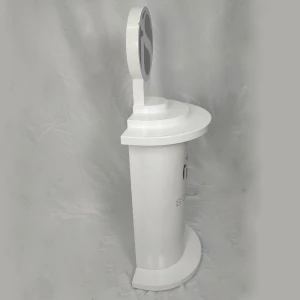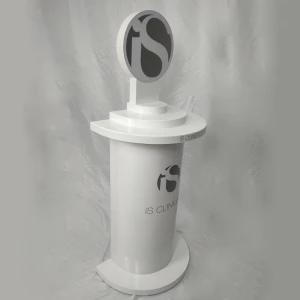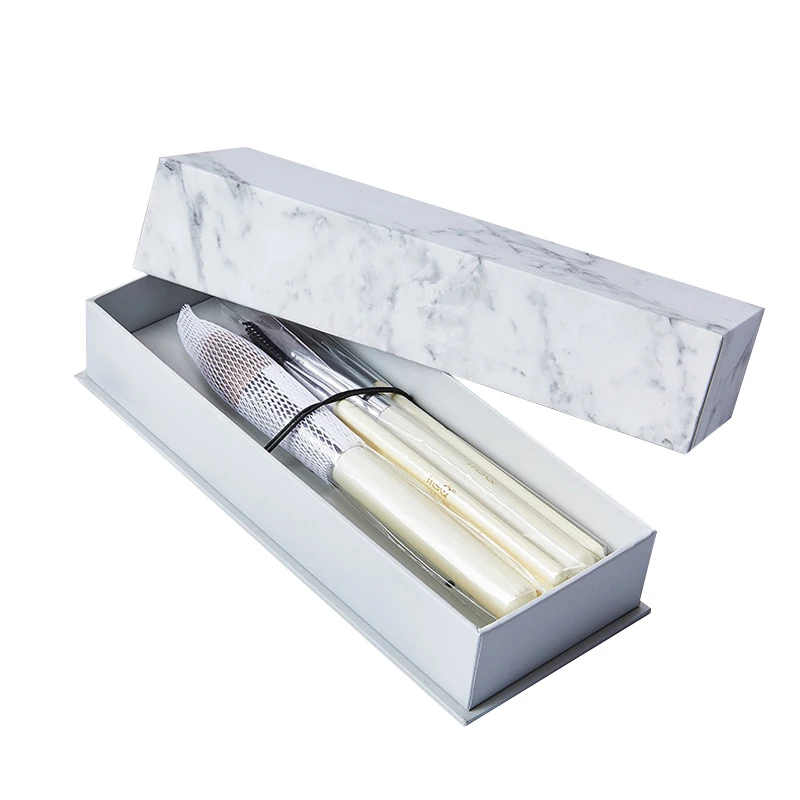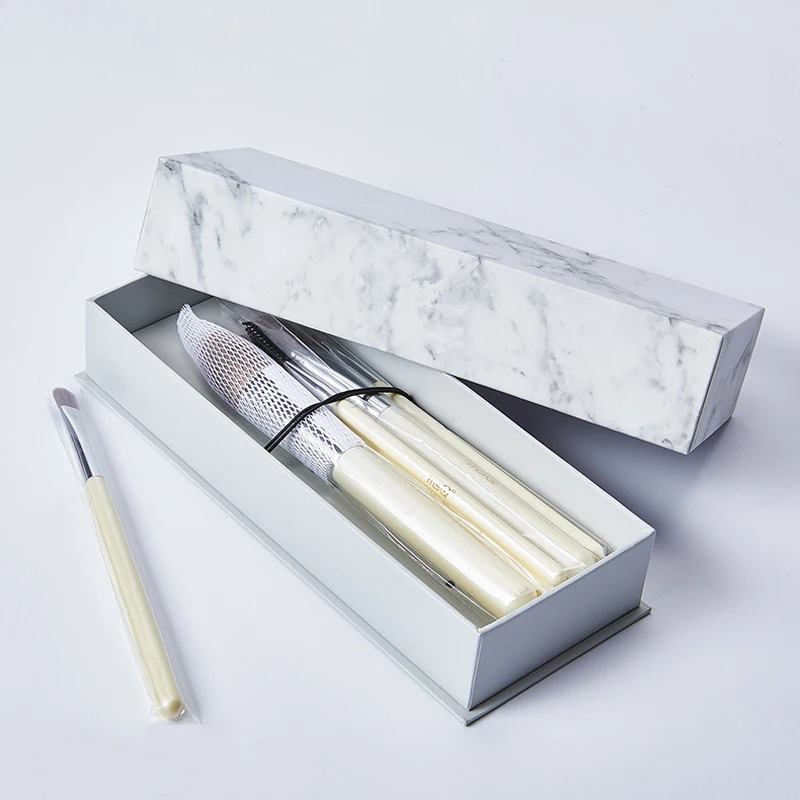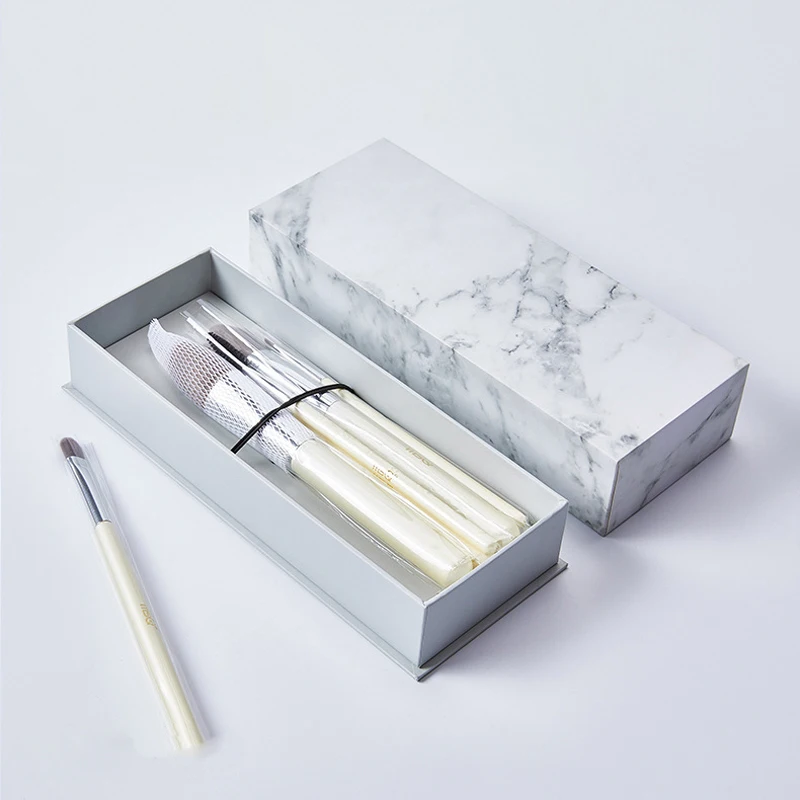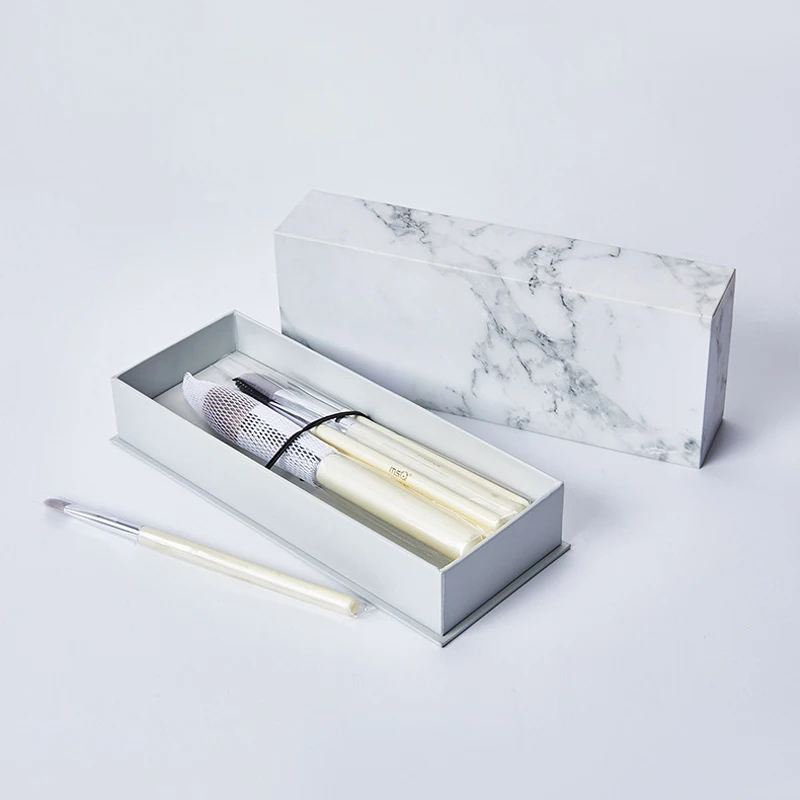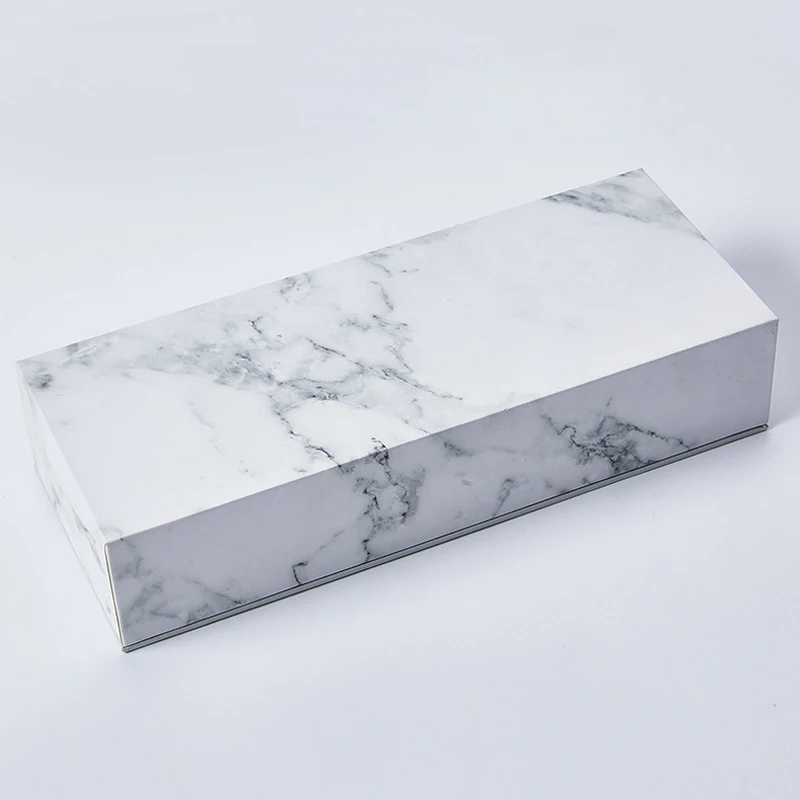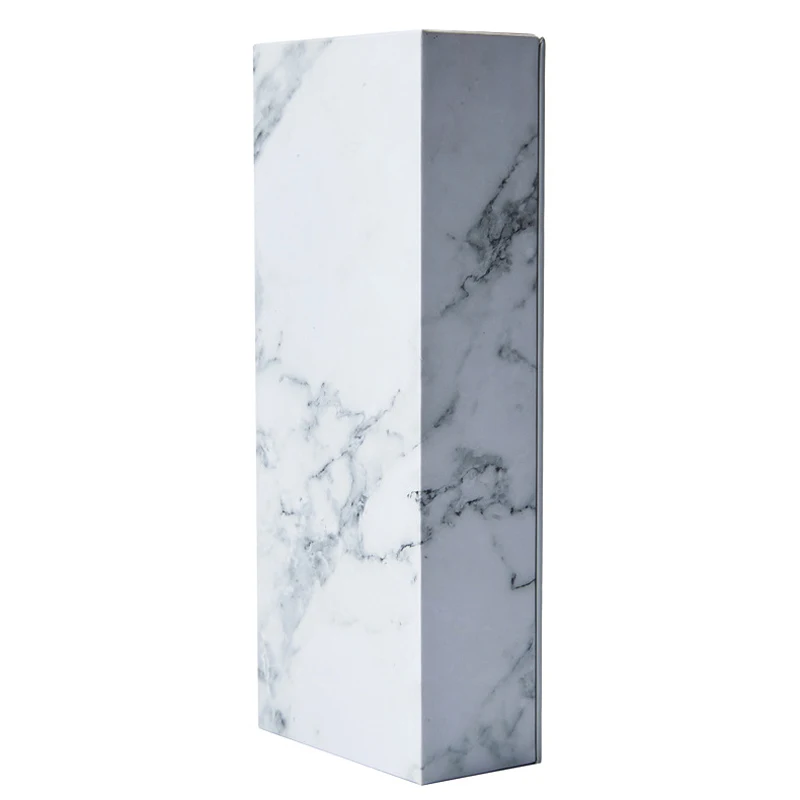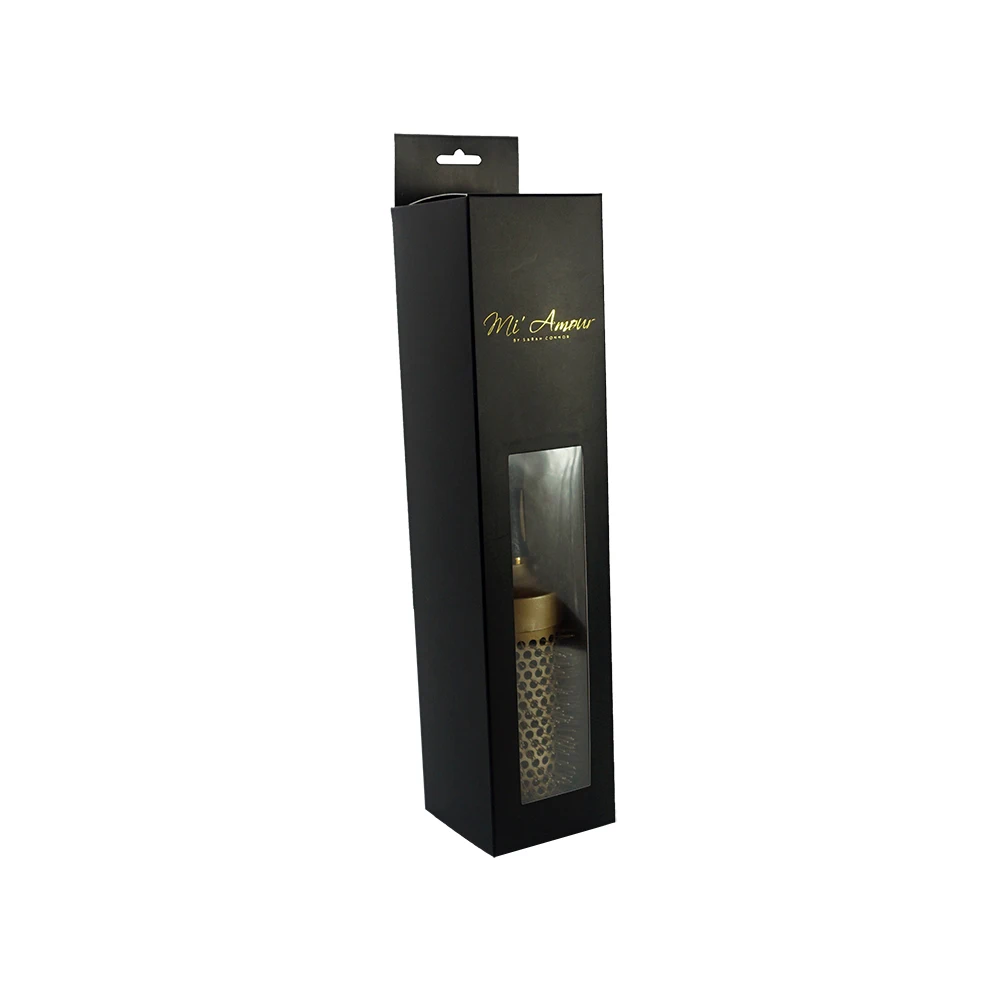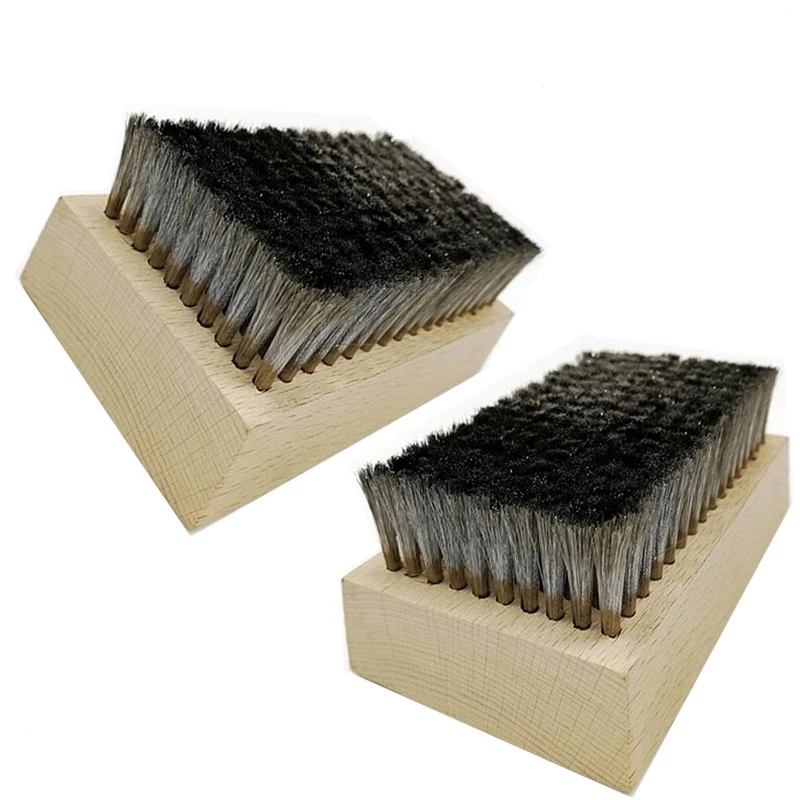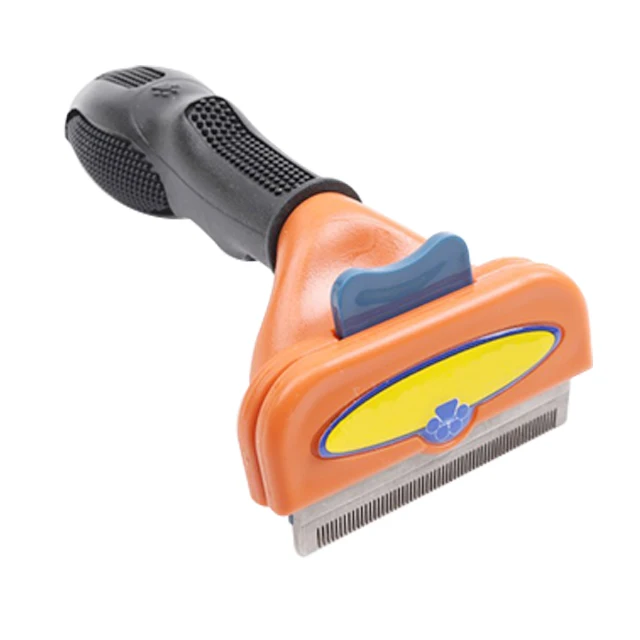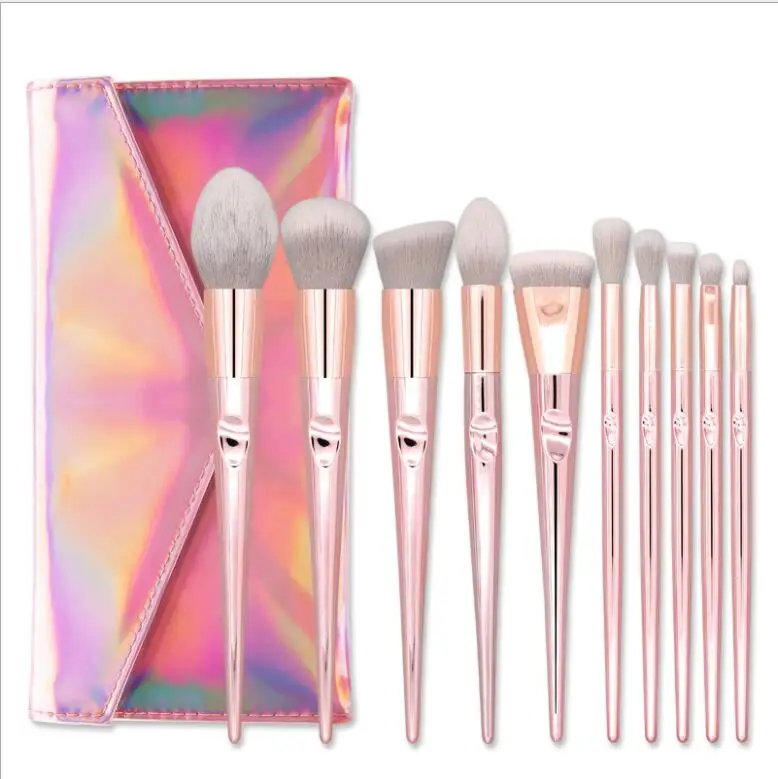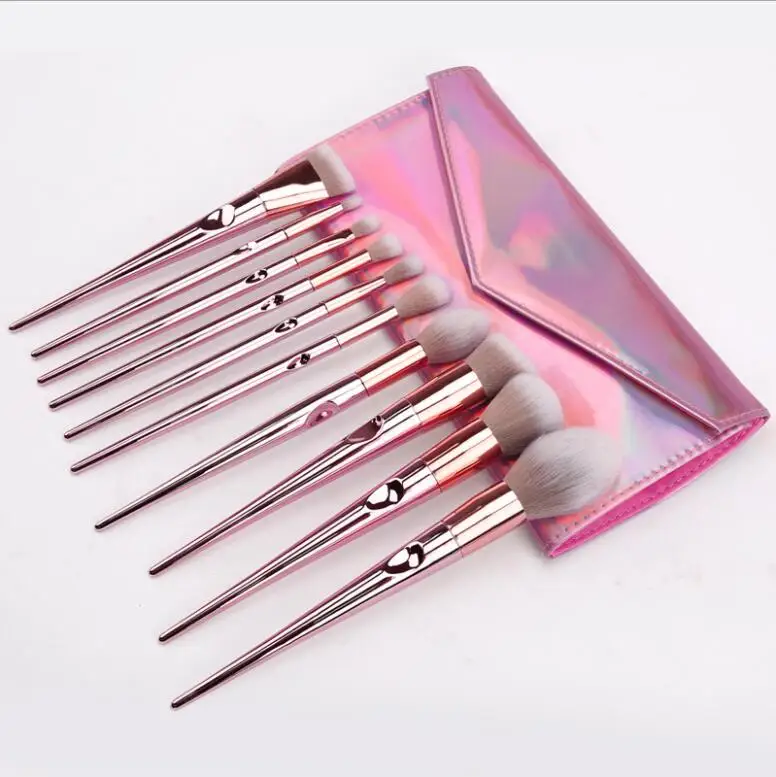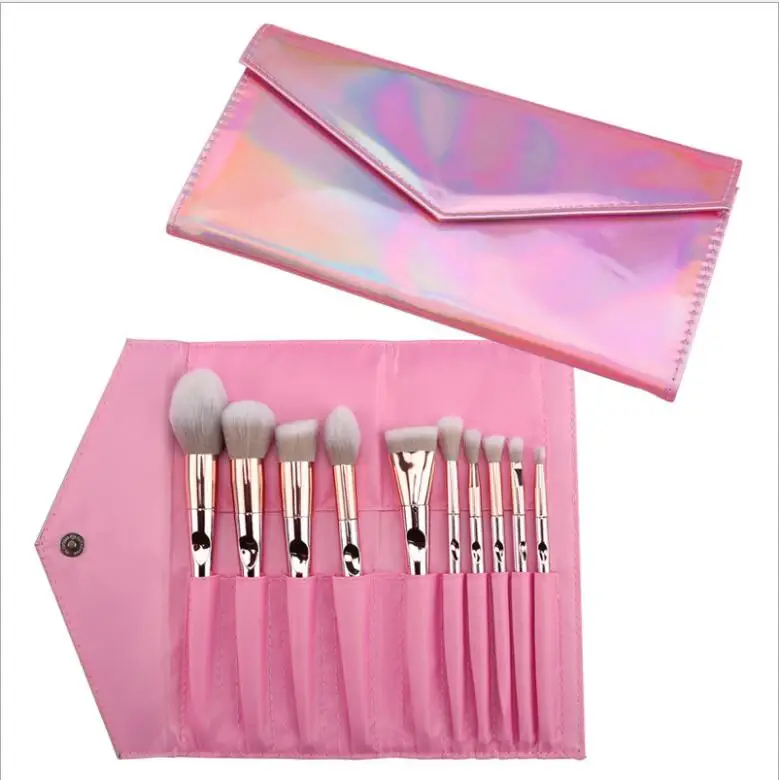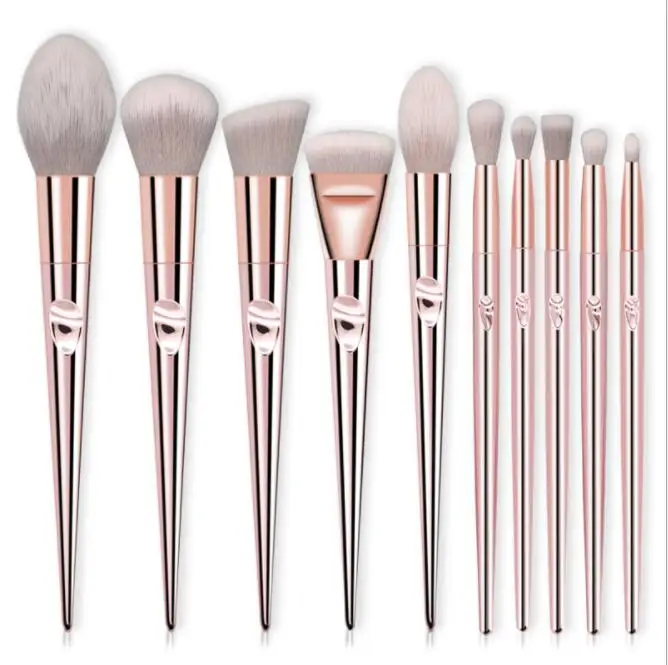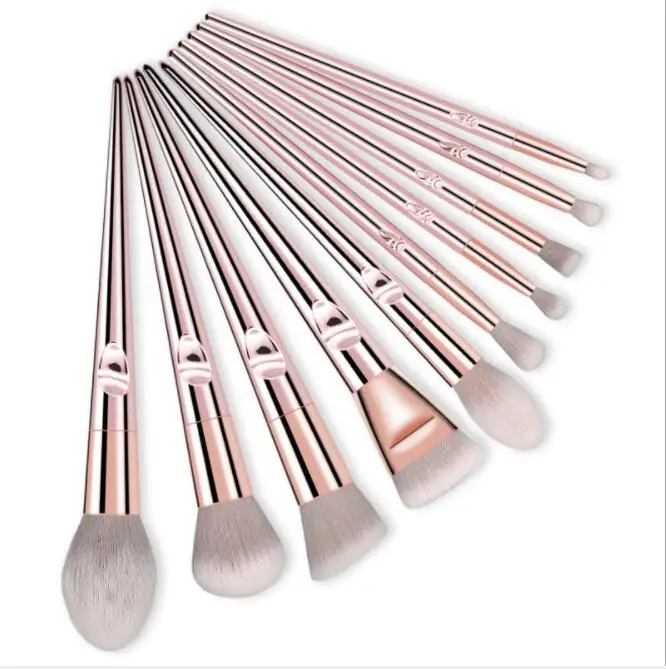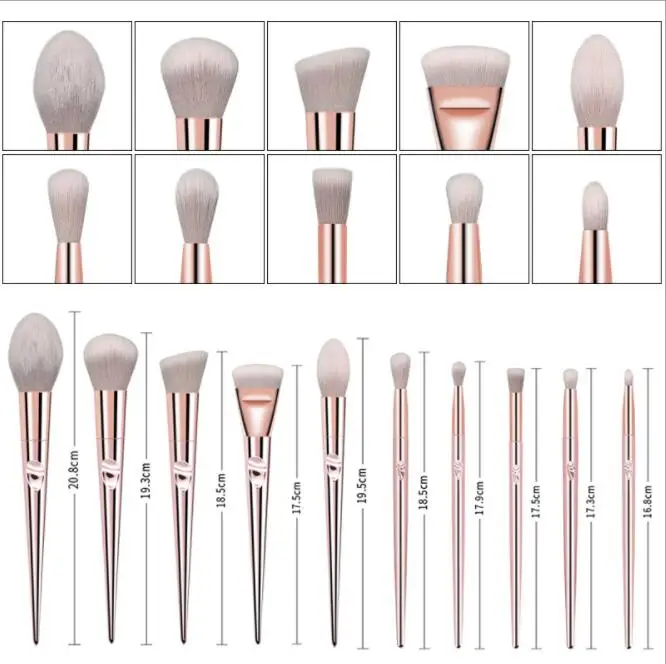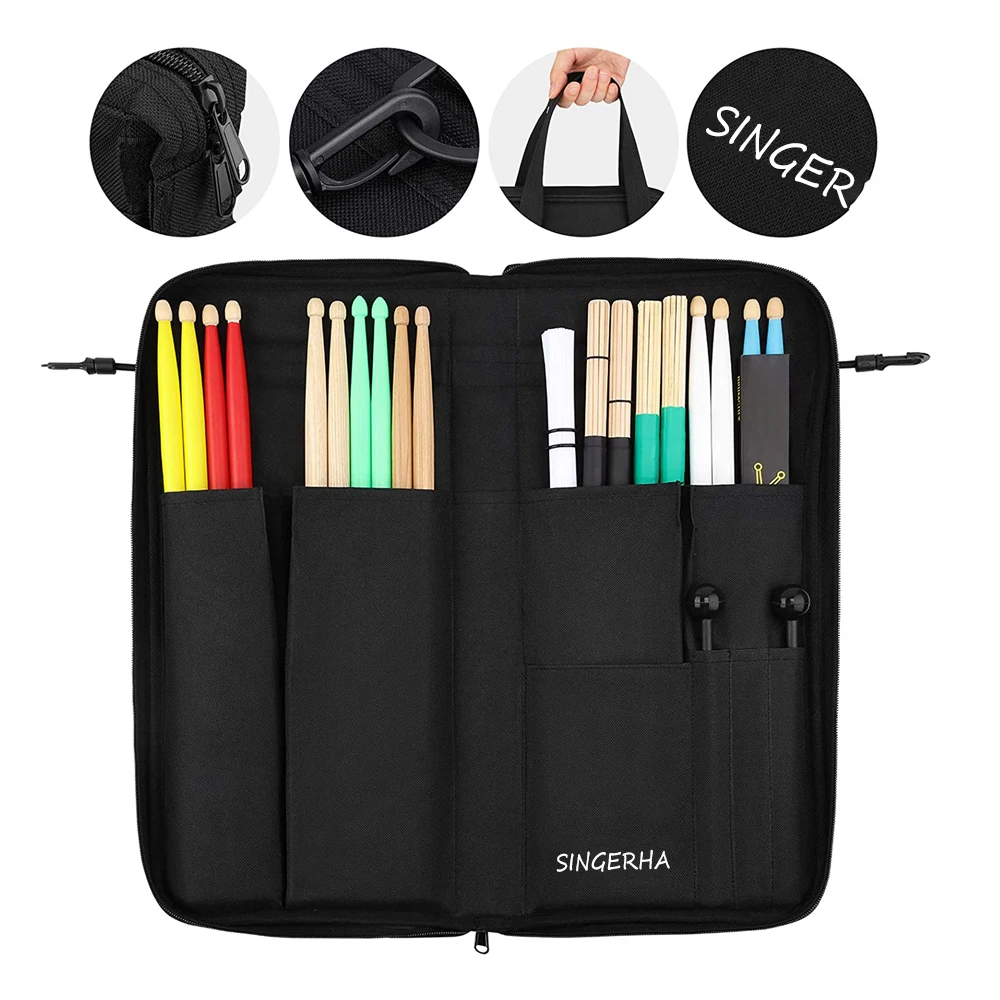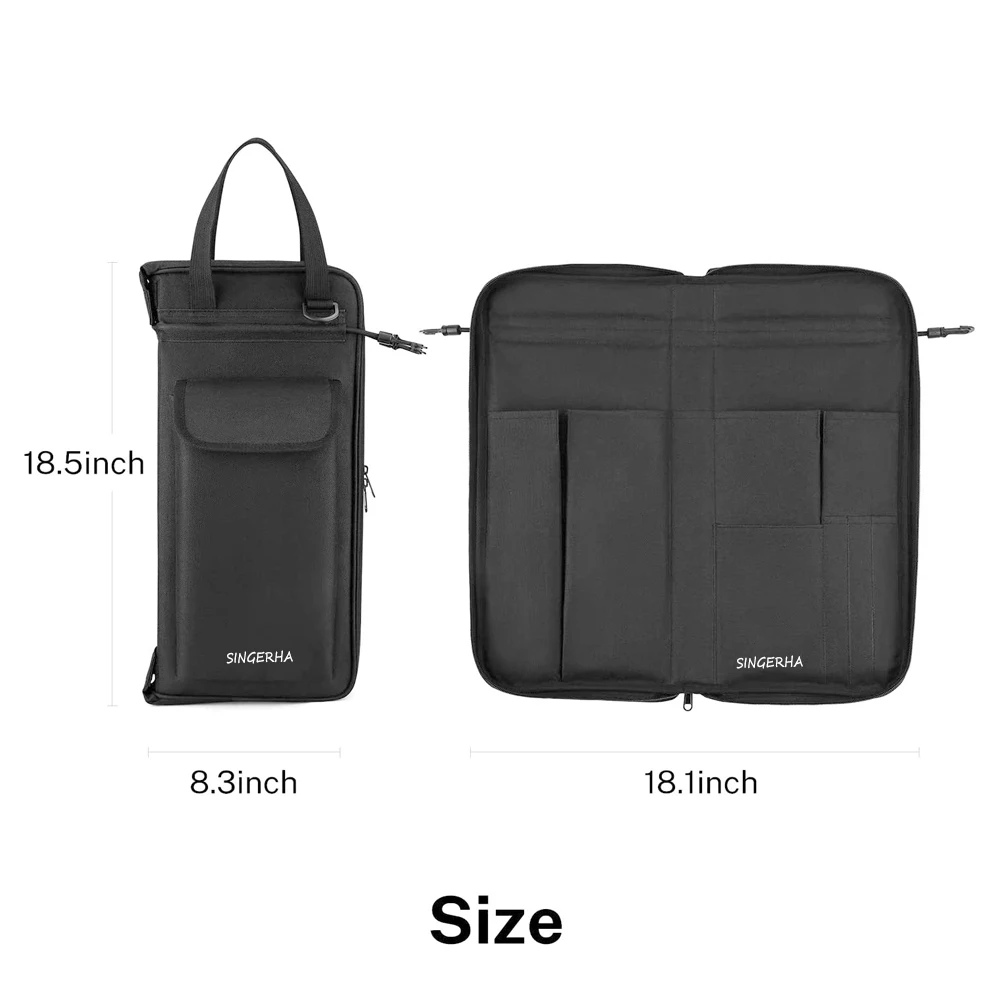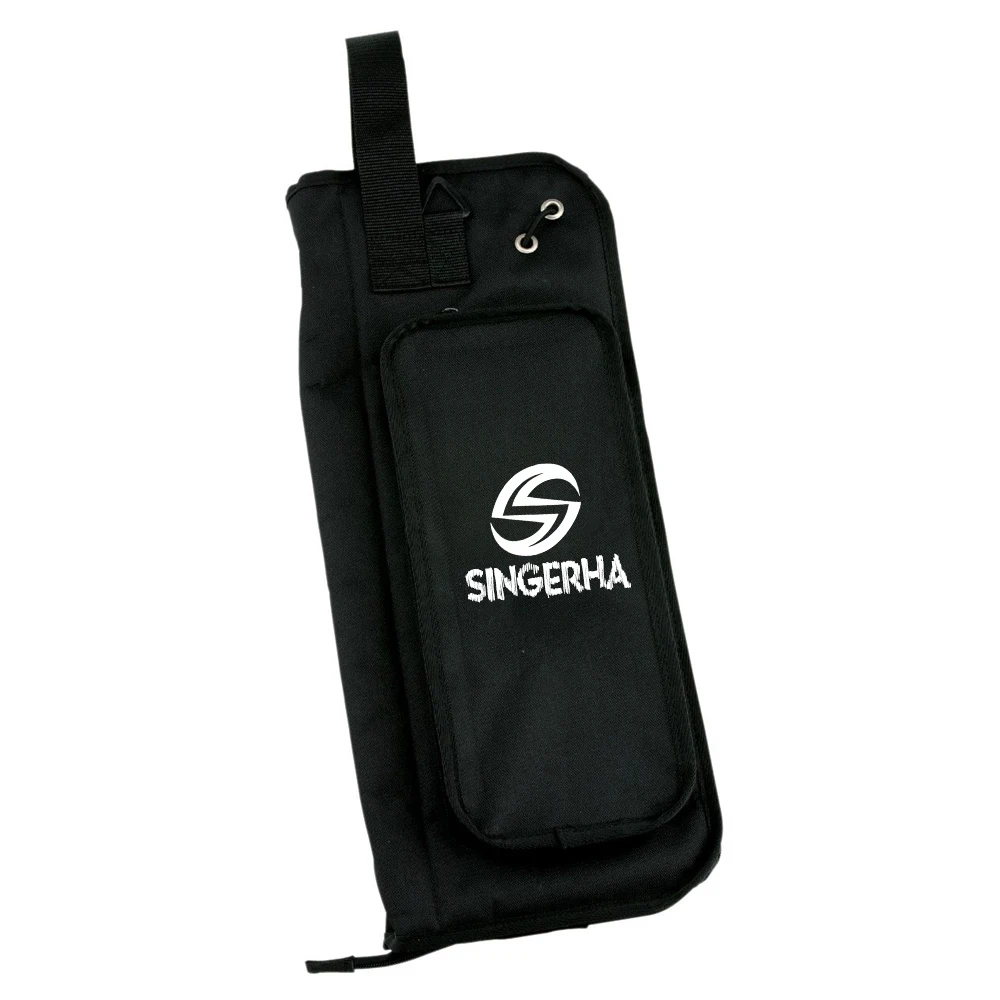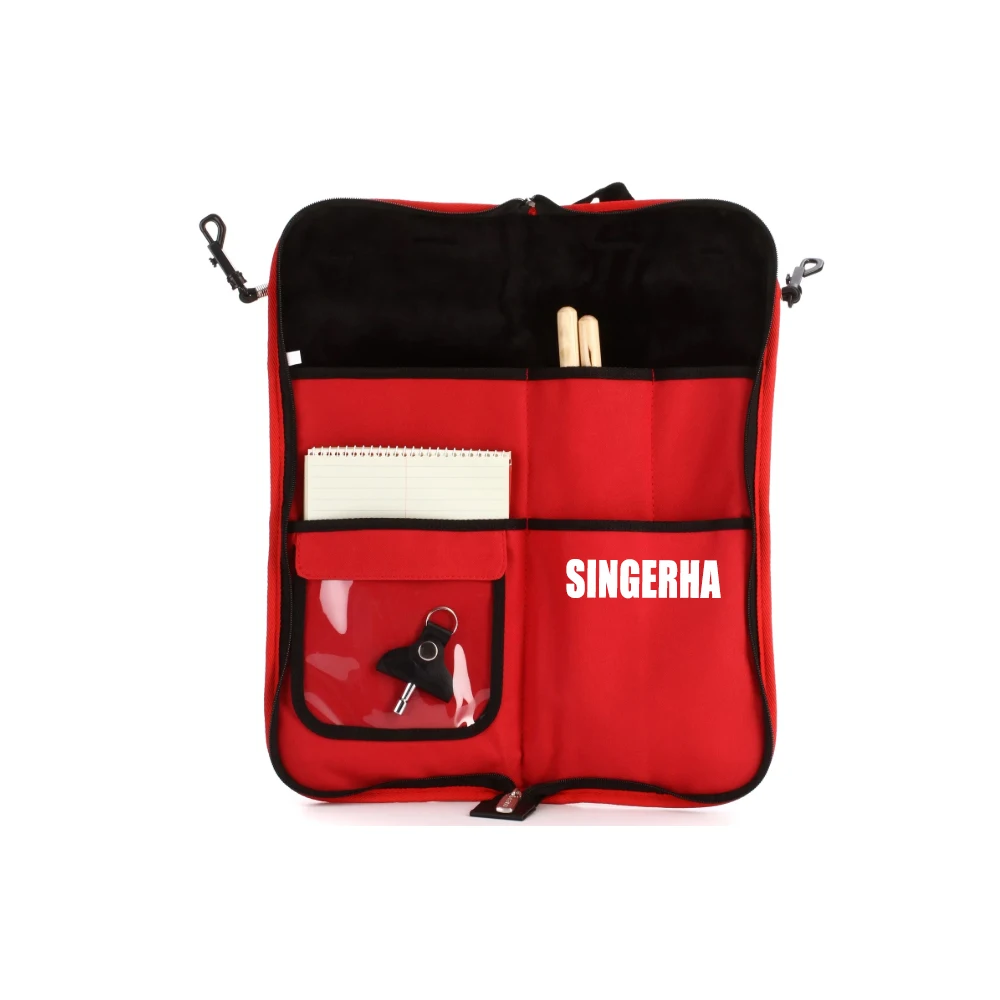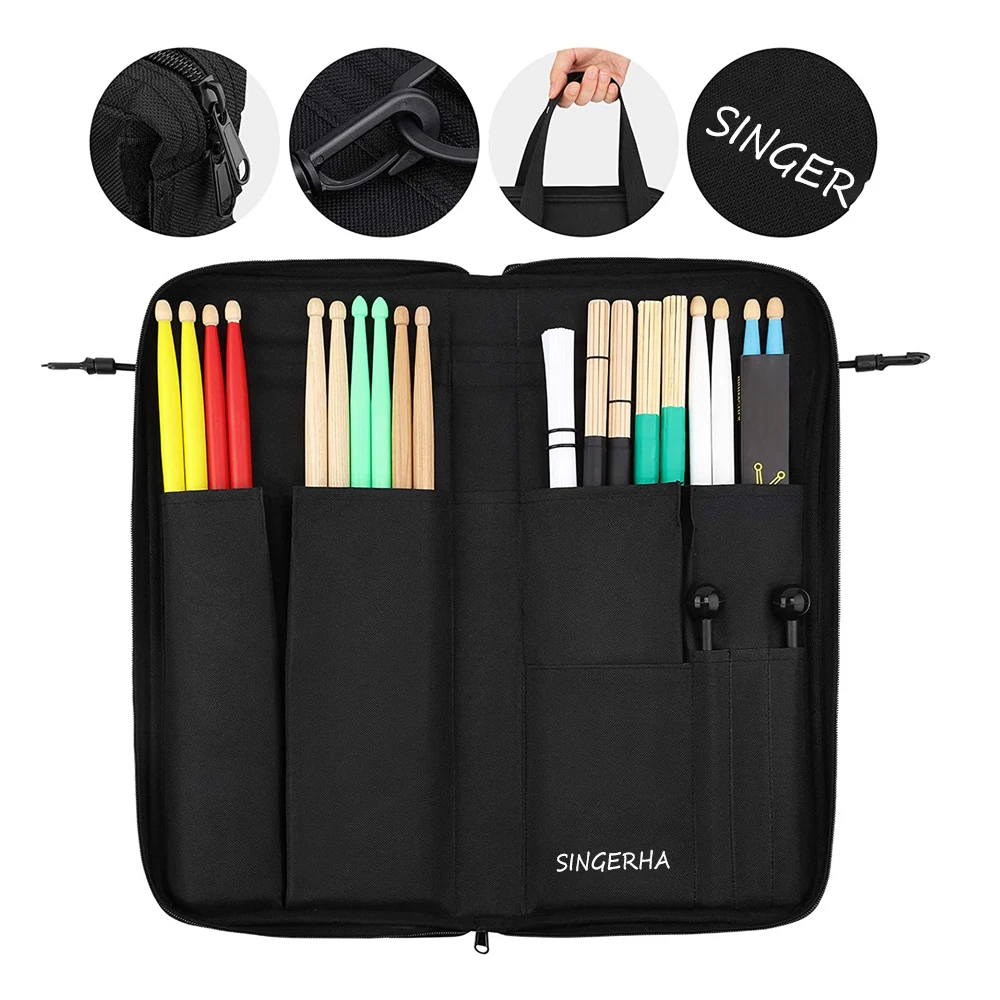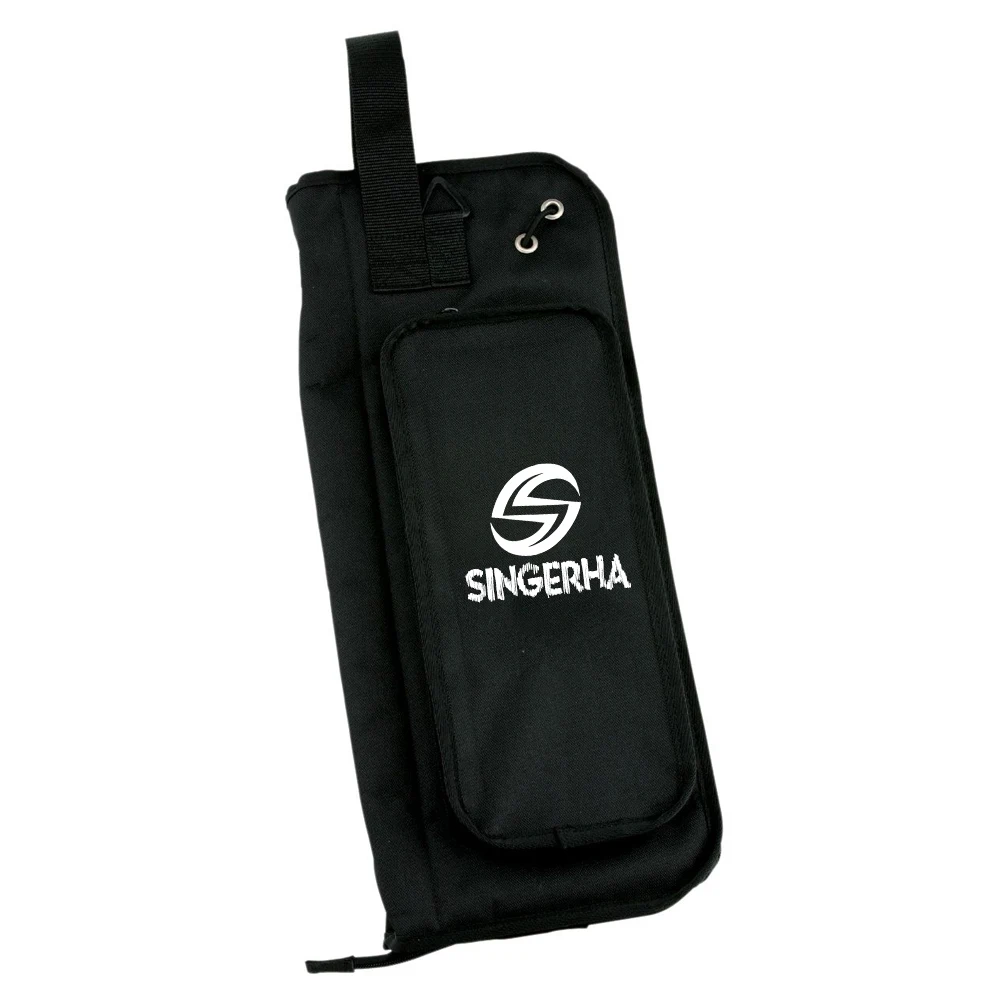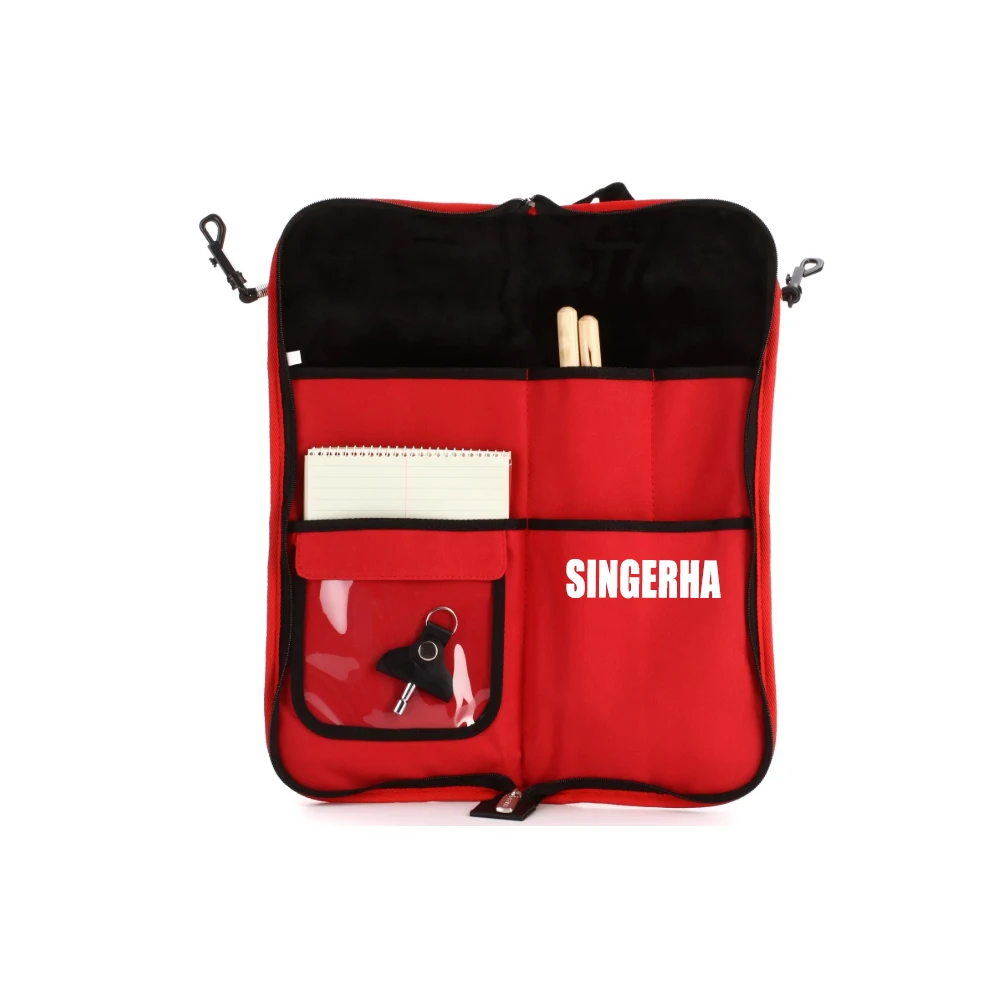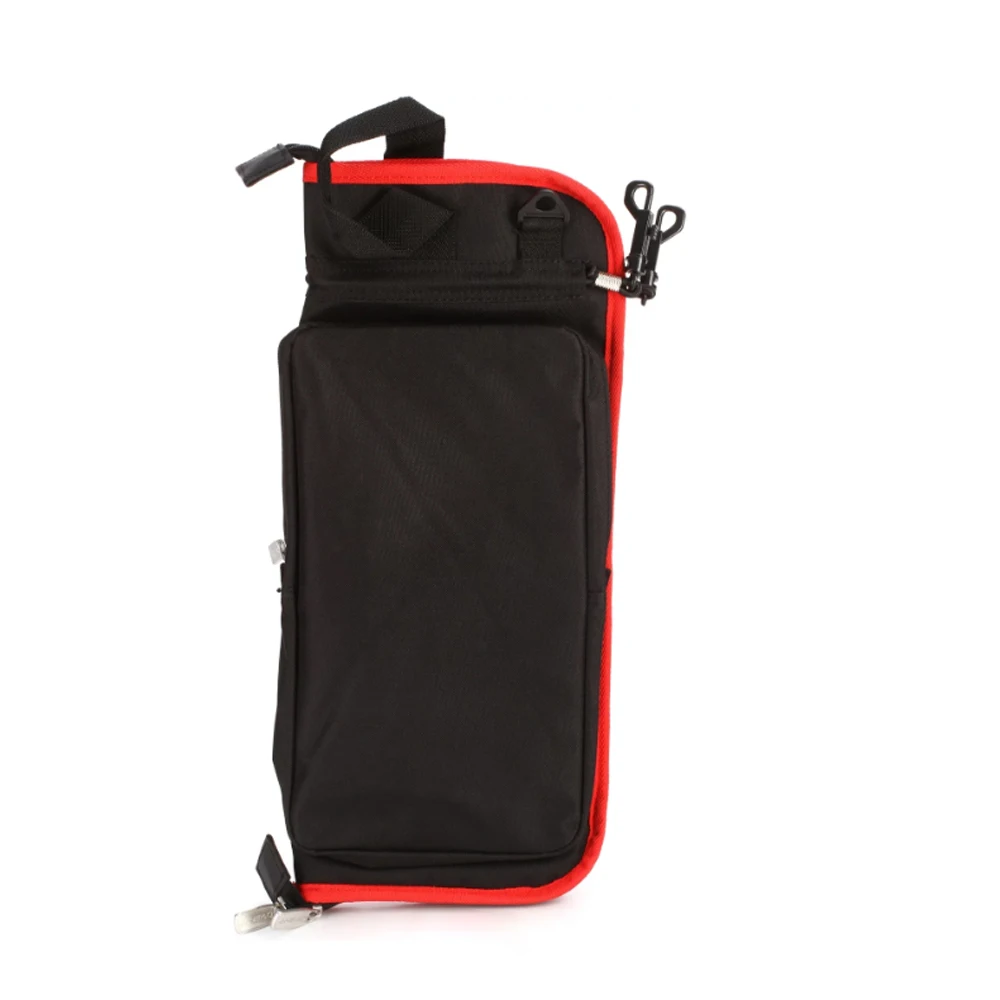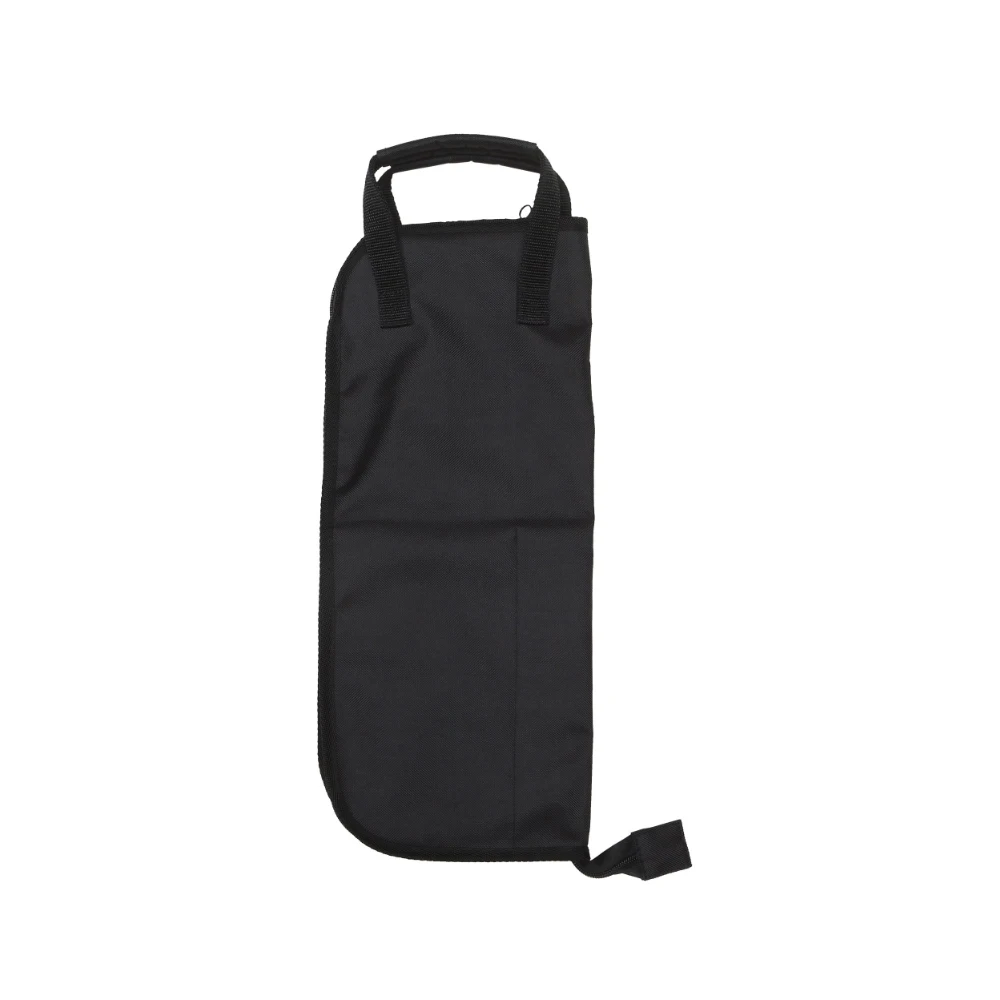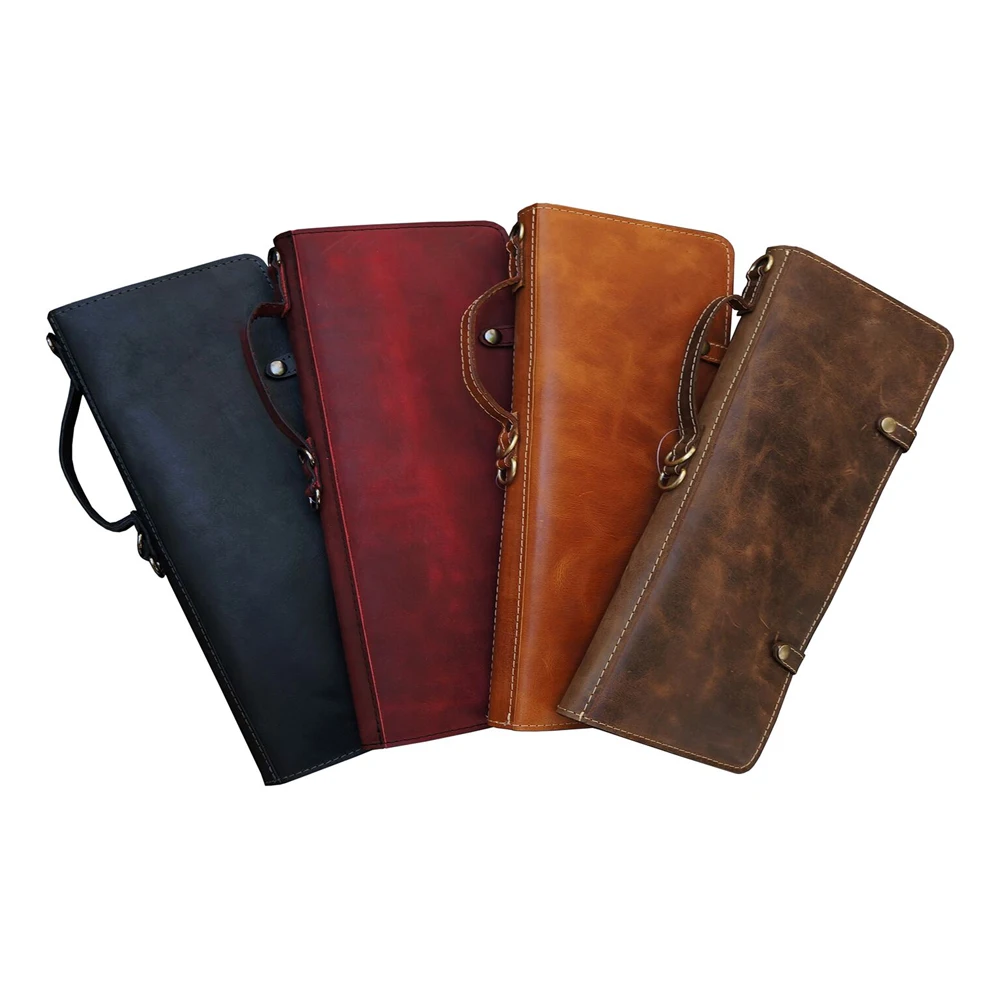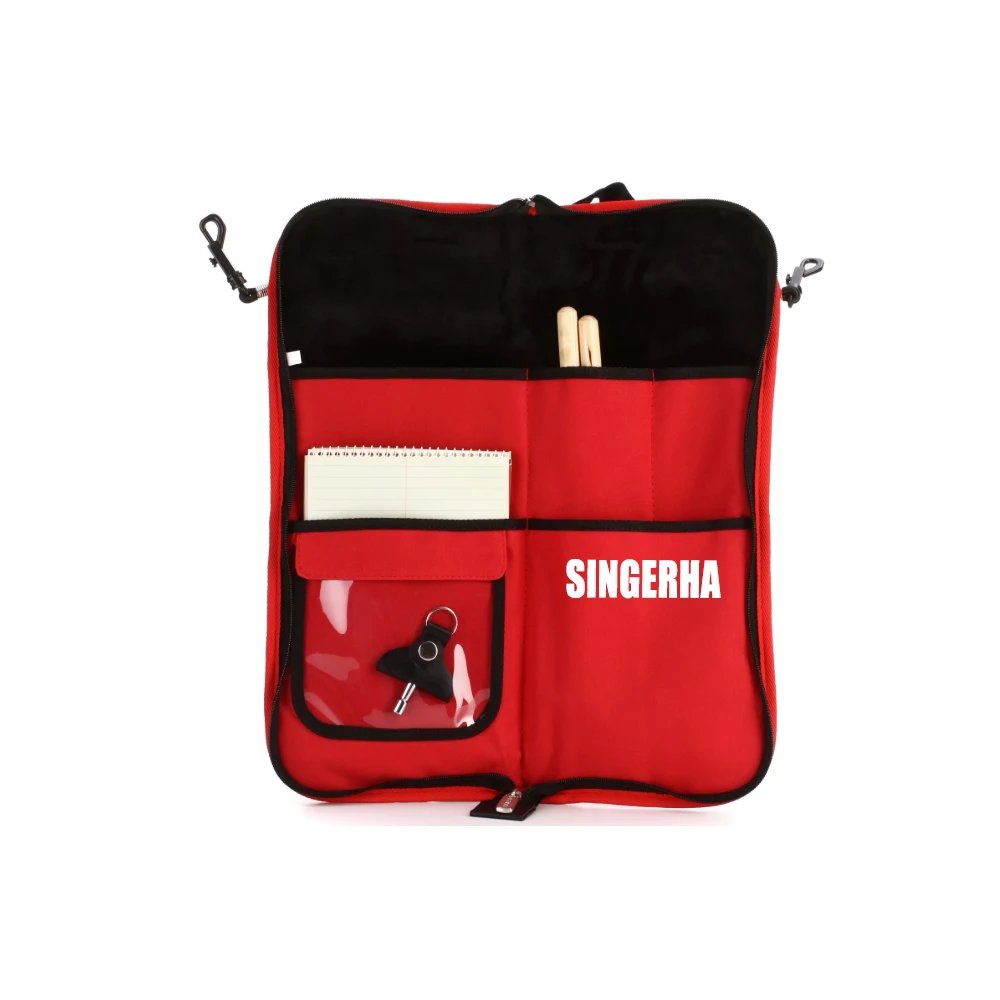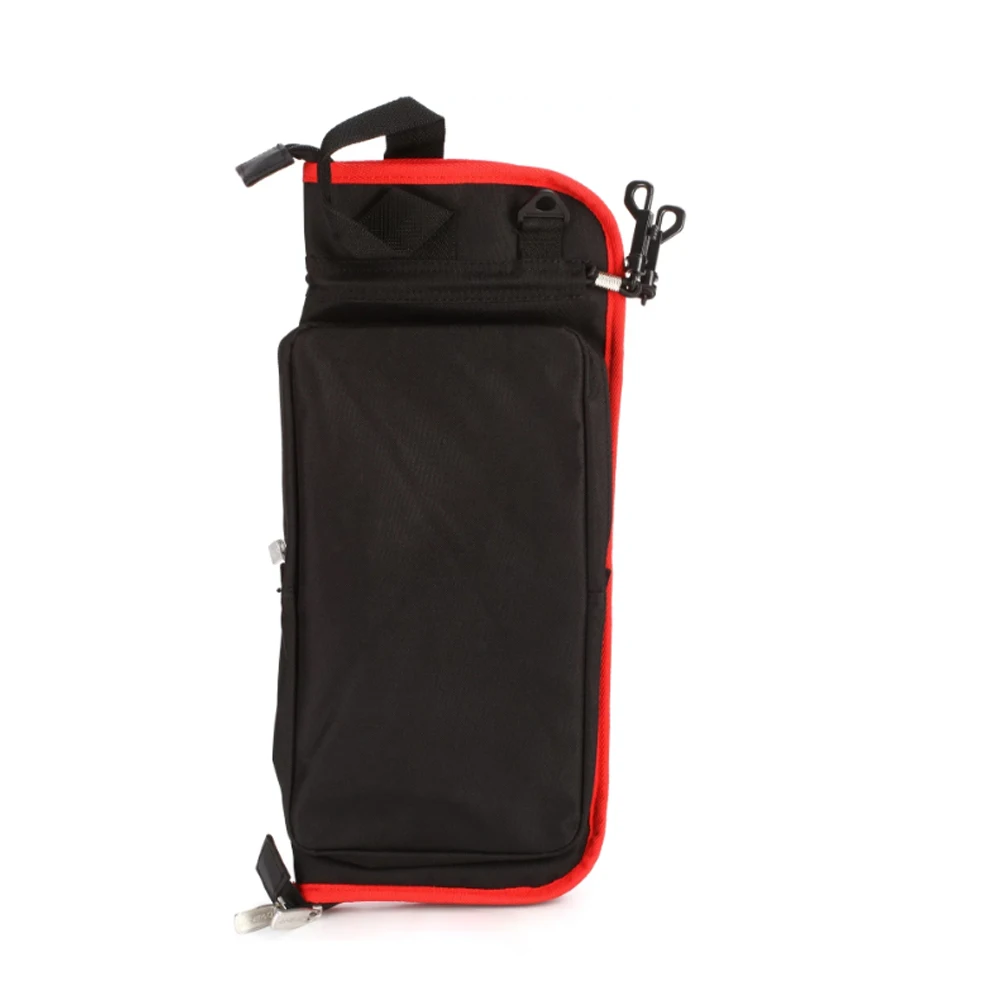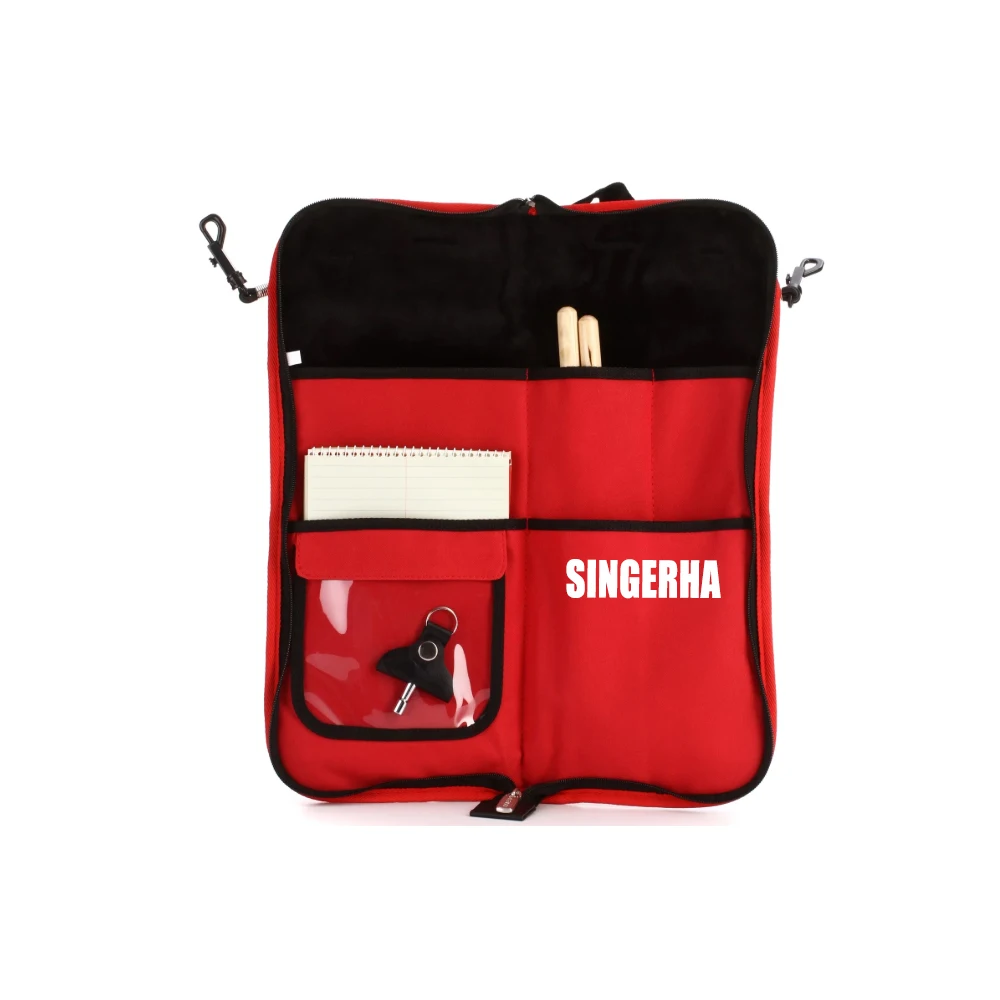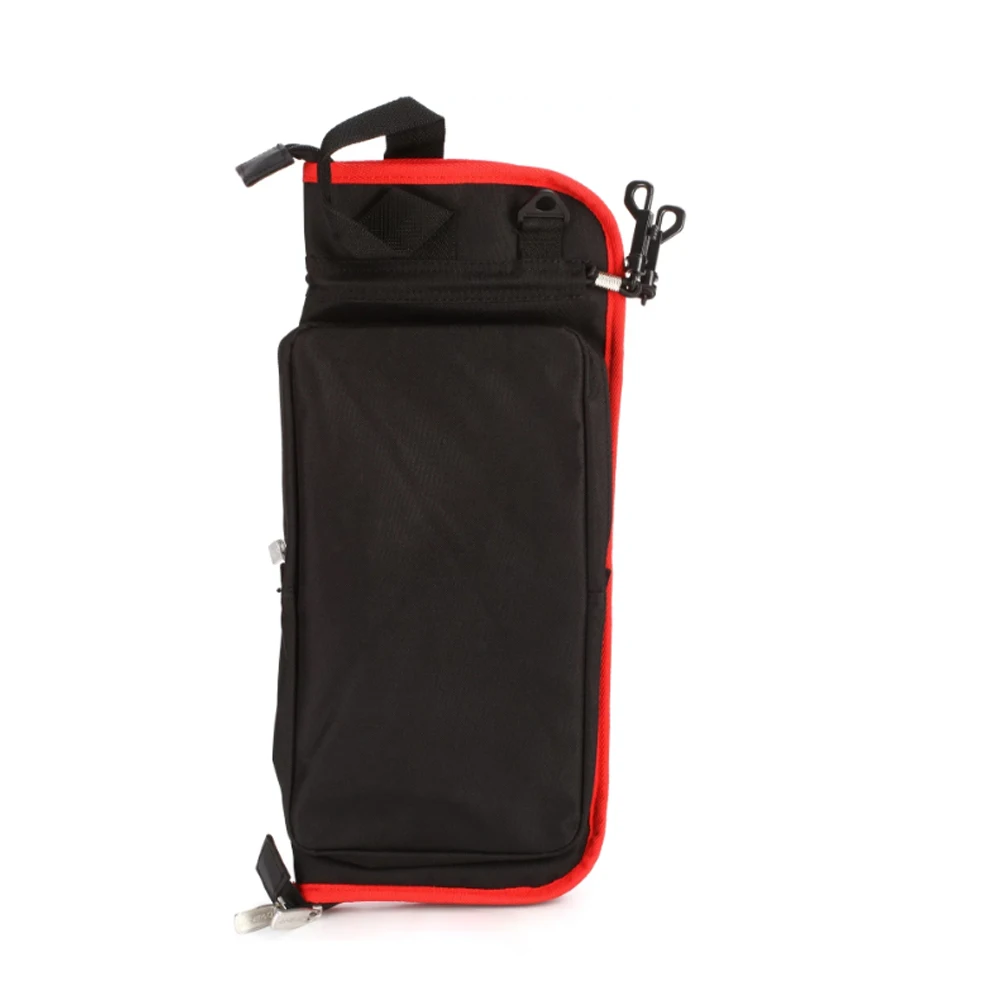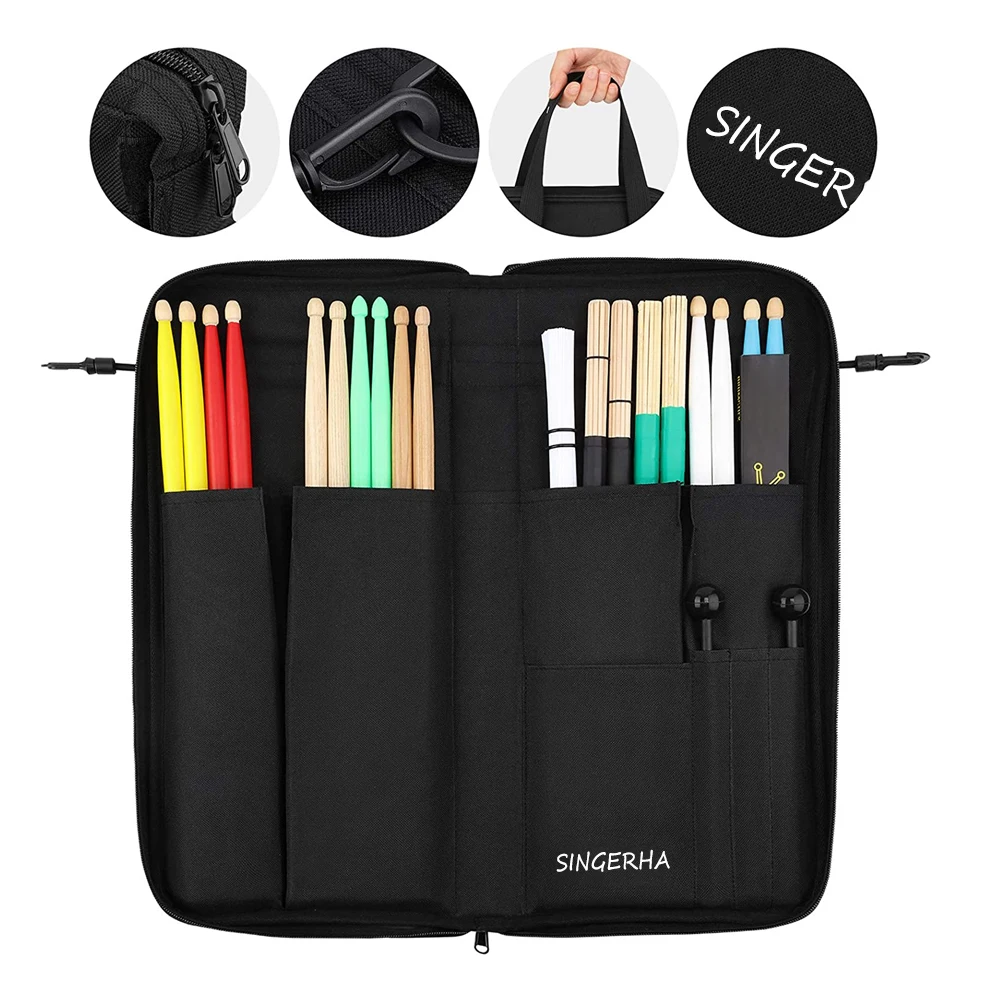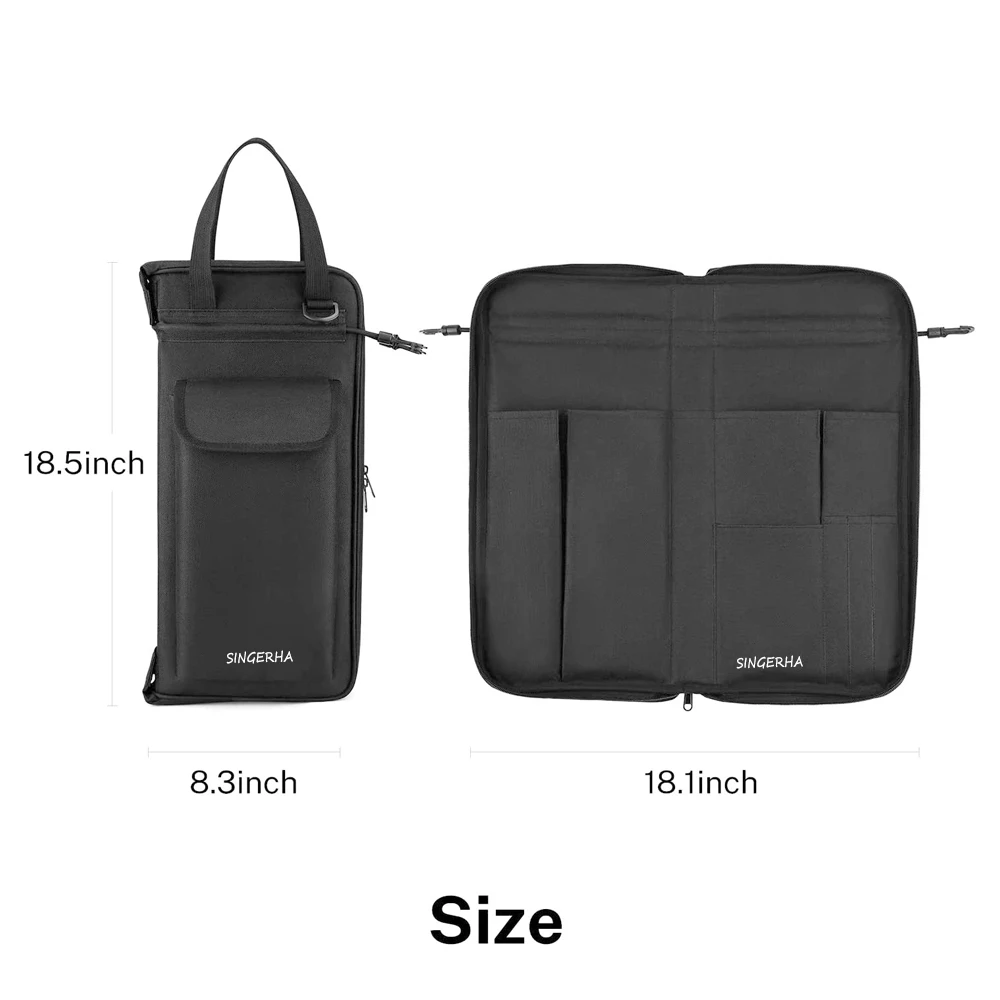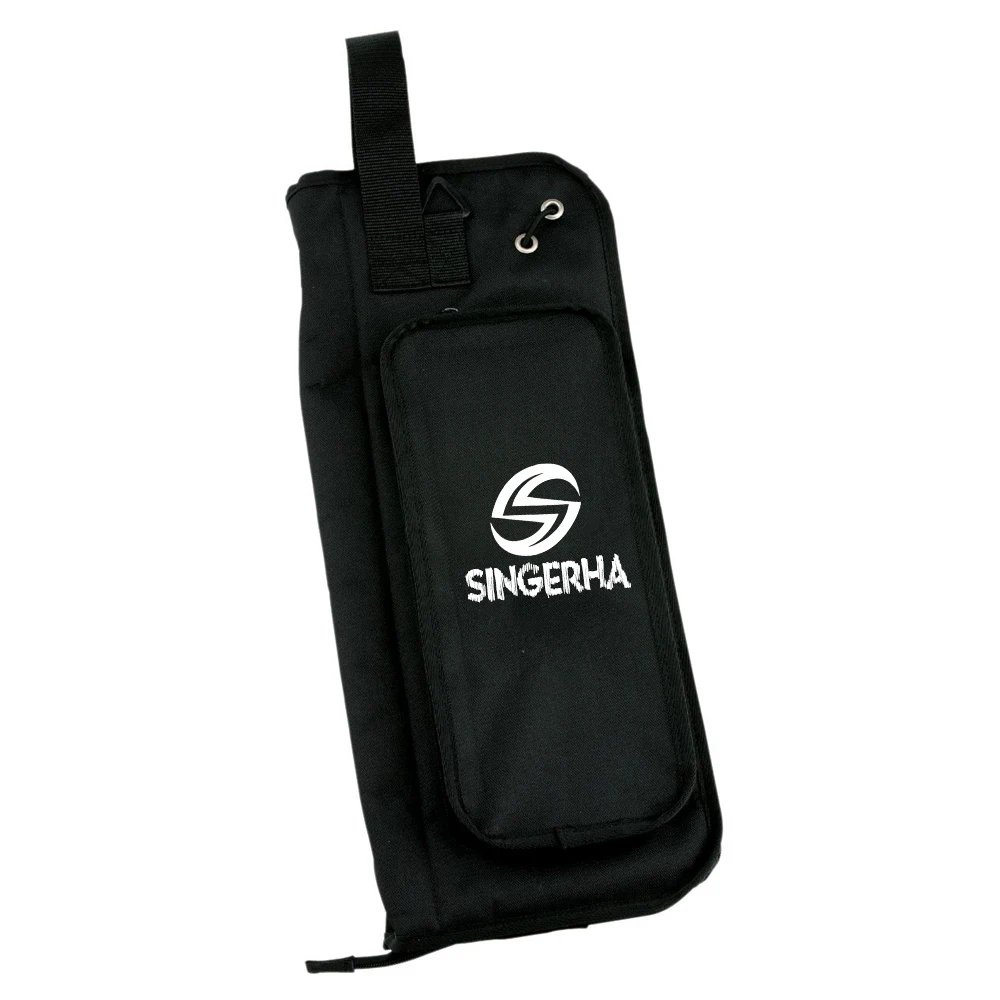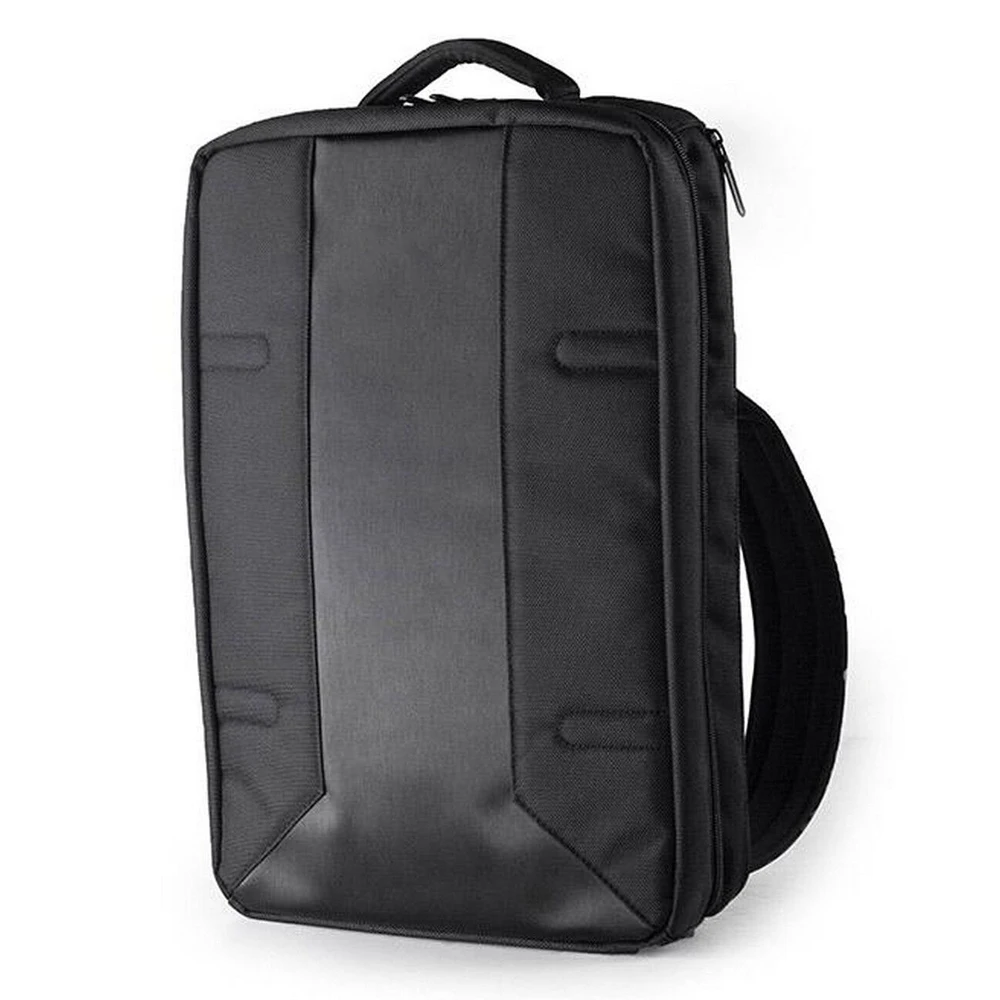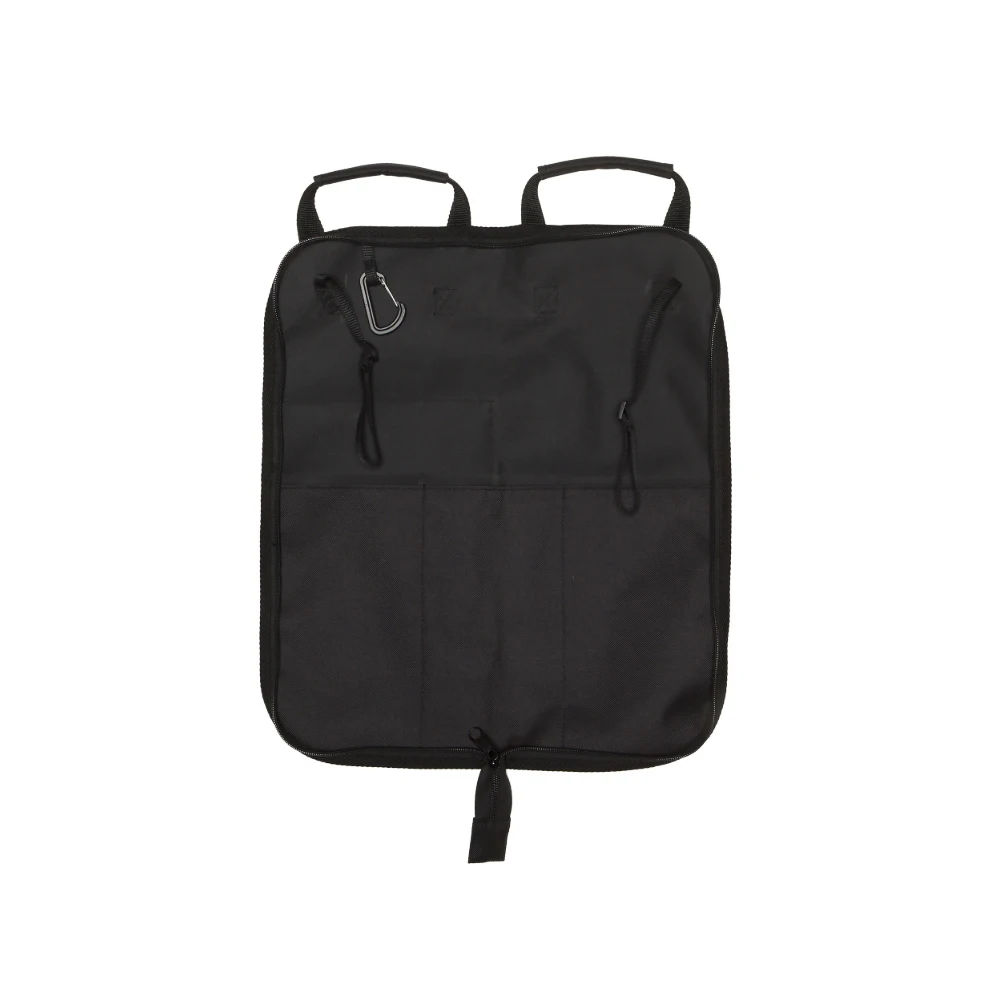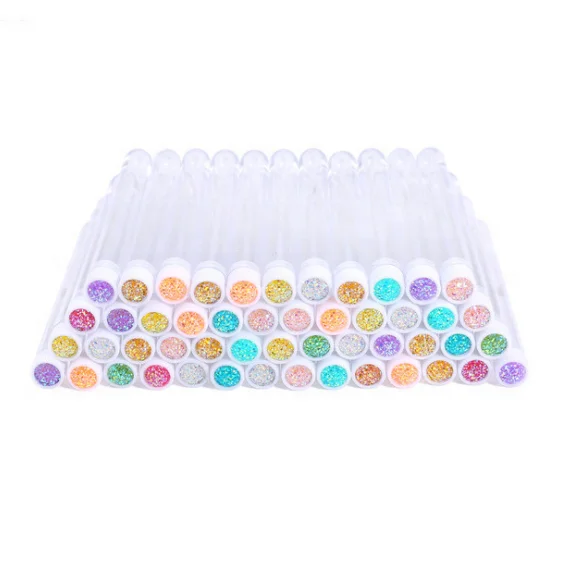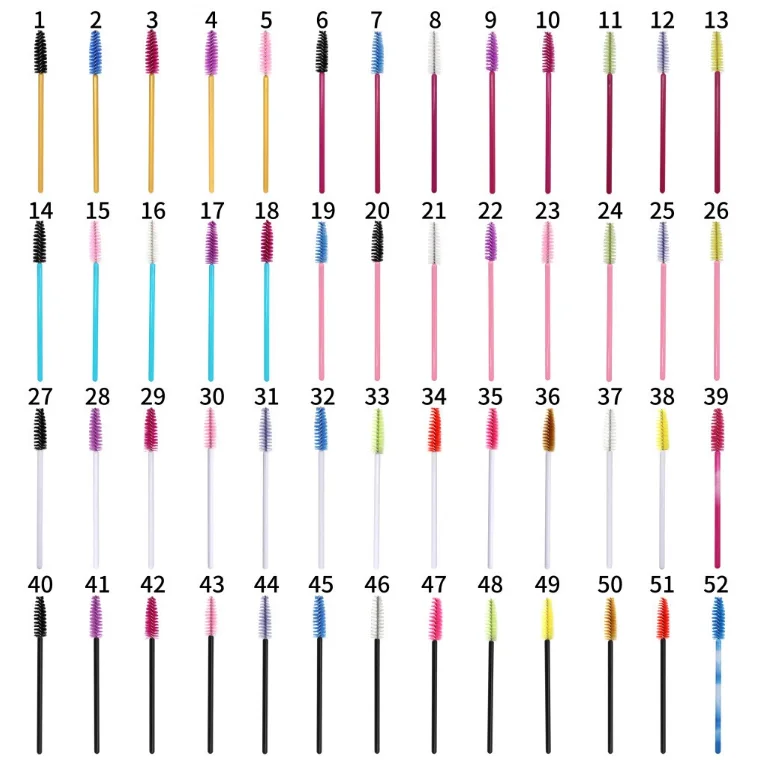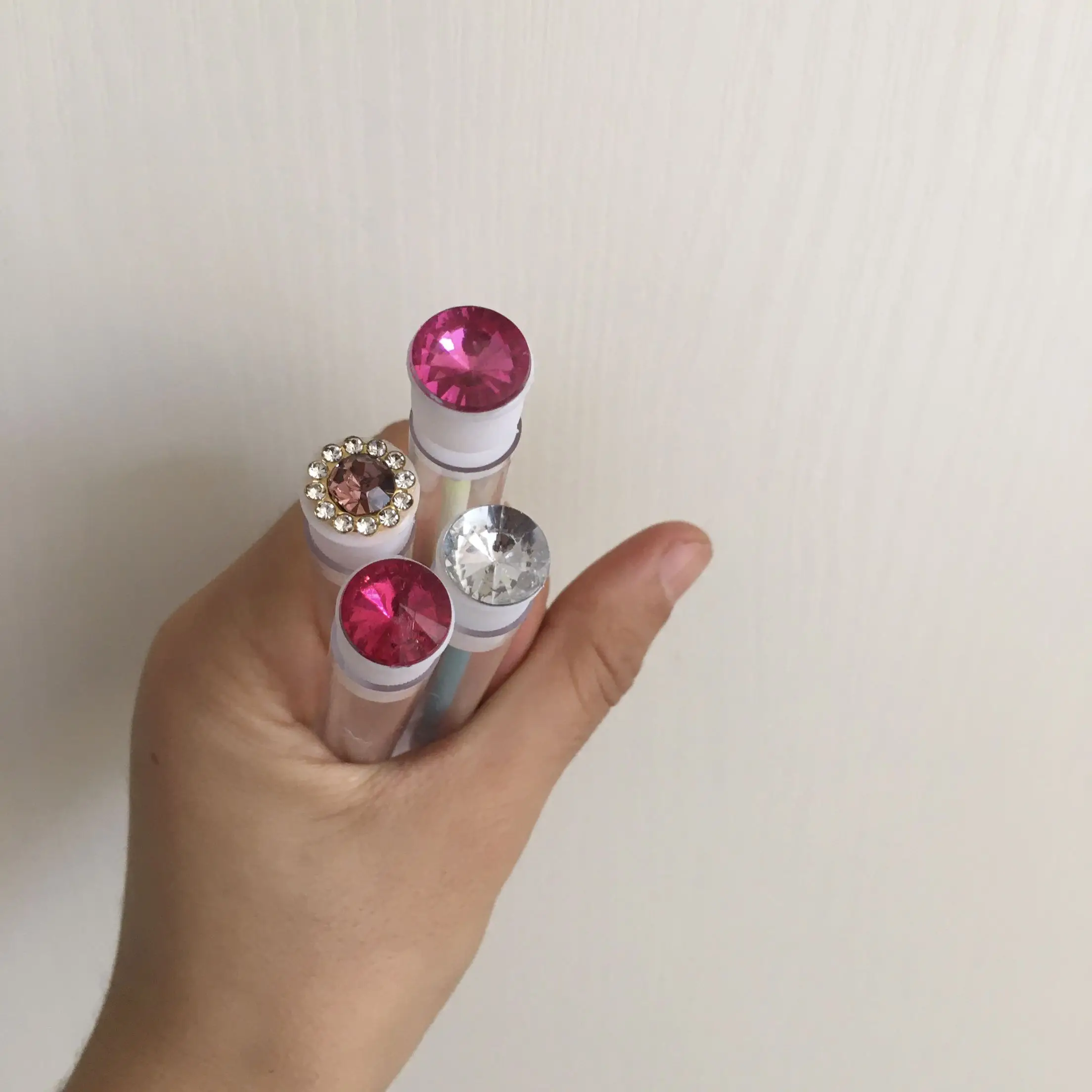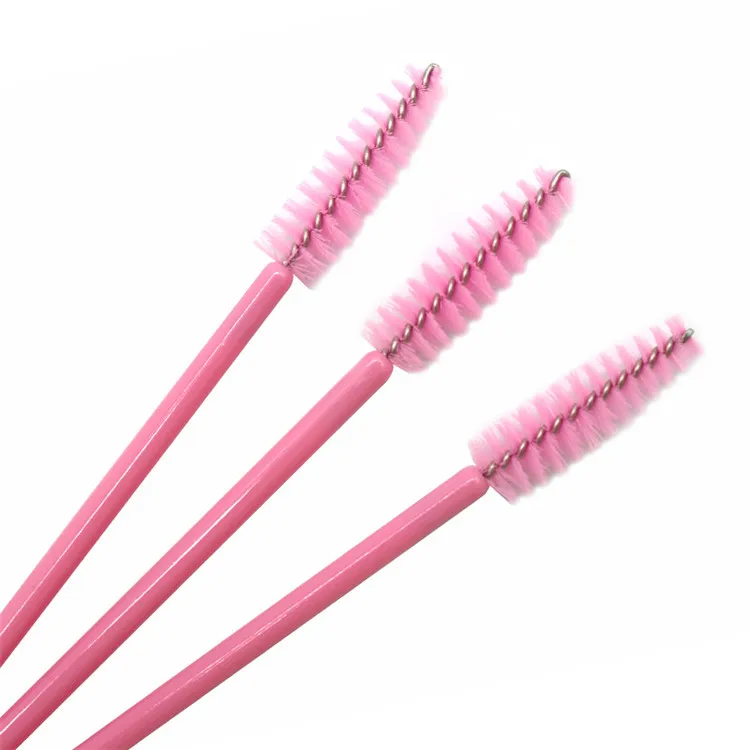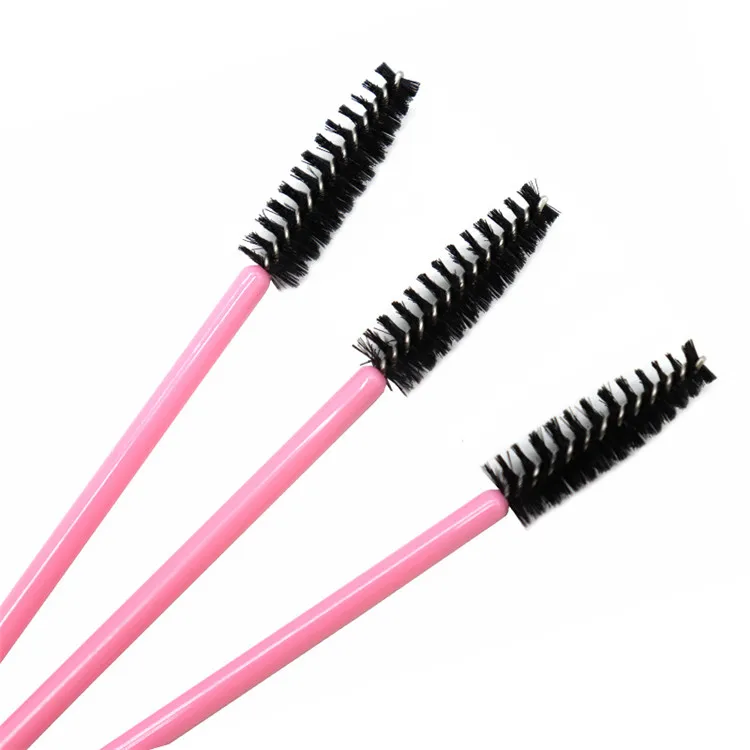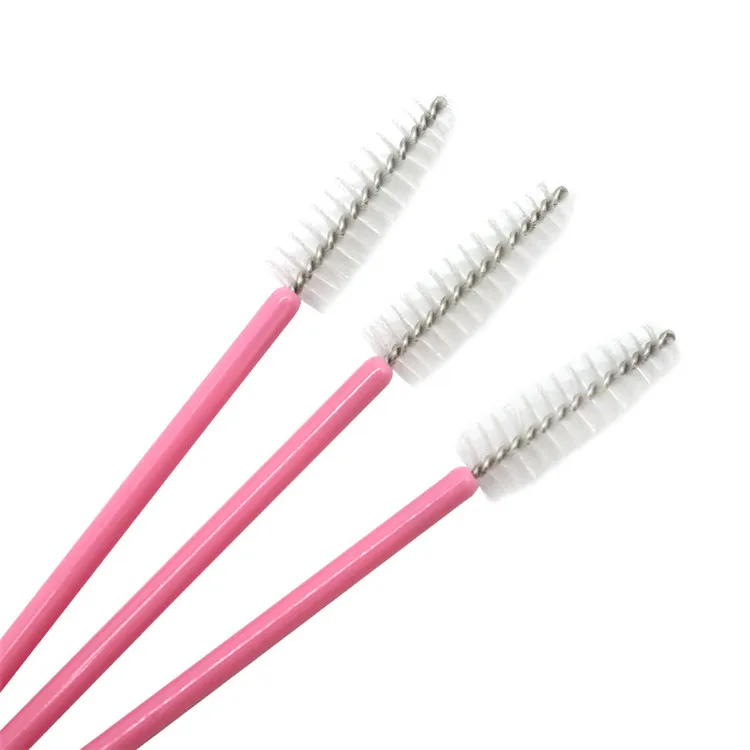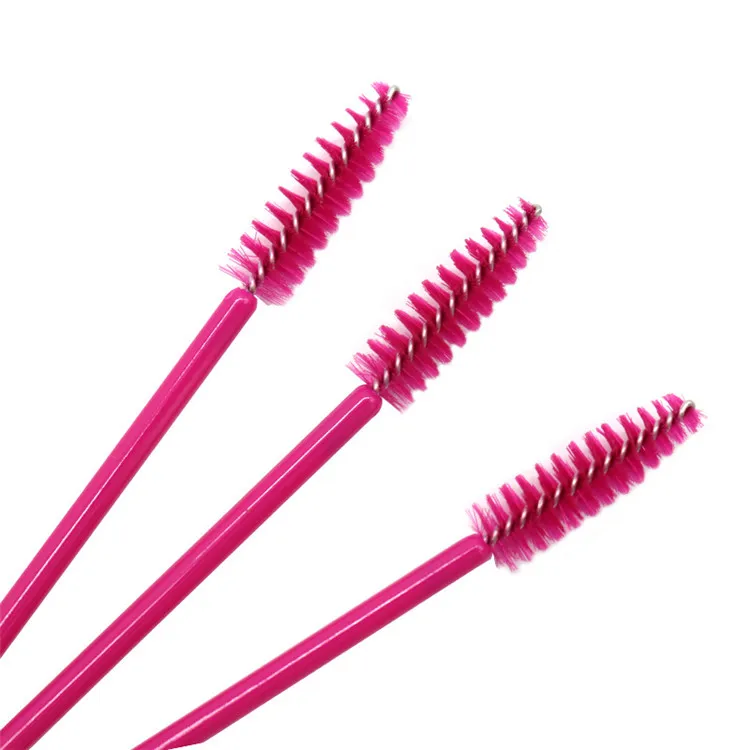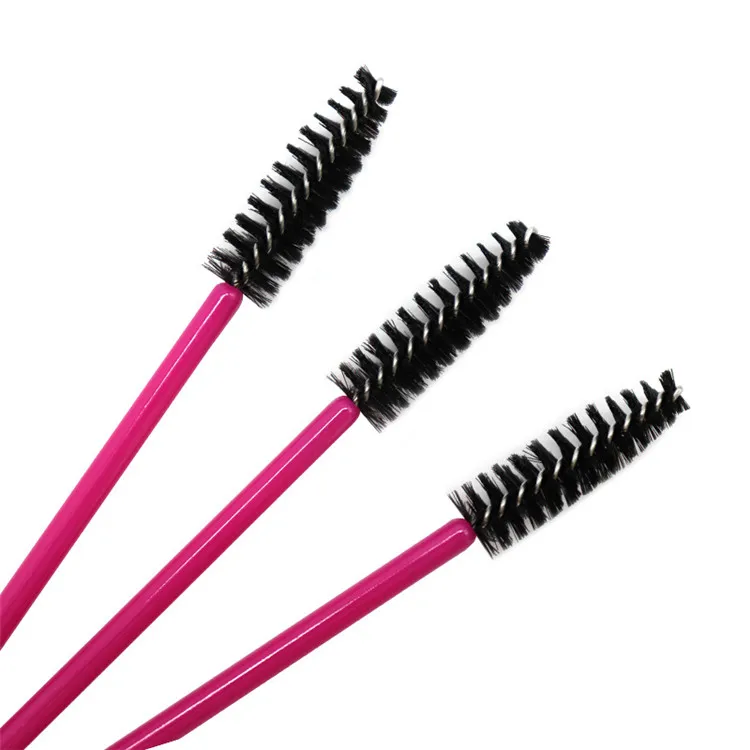The Ultimate Guide to Calligraphy Brushes
Calligraphy brushes are essential tools for artists and enthusiasts who want to create beautiful, flowing script. Whether you're a beginner or a professional, choosing the right brush can make a significant difference in your work. This guide covers everything from types and features to buying tips and reliable suppliers.
How to Find Reliable Calligraphy Brushes from China in 2025
China is a leading manufacturer of calligraphy brushes, offering a wide range of options for buyers worldwide. To find reliable suppliers, consider platforms like Alibaba, which vet manufacturers for quality and reliability. Look for suppliers with high ratings, positive reviews, and certifications such as ISO 9001. Request samples to test the brushes before placing a bulk order.
What Buyers Should Know Before Buying Calligraphy Brushes from China
Before purchasing calligraphy brushes from China, research the materials used, such as natural hair or synthetic fibers. Natural hair brushes, like goat or wolf hair, offer superior flexibility and ink retention. Also, check the supplier's return policy and shipping times to avoid delays or unexpected costs.
Types of Calligraphy Brushes
Calligraphy brushes come in various types, each suited for different styles and techniques:
- Round Brushes: Ideal for detailed work and fine lines.
- Flat Brushes: Perfect for bold strokes and filling large areas.
- Oval Brushes: A hybrid of round and flat, offering versatility.
- Specialty Brushes: Designed for specific scripts like Chinese or Arabic calligraphy.
Functions and Features of Calligraphy Brushes
The right calligraphy brush should offer excellent ink retention, flexibility, and durability. Look for features like ergonomic handles for comfort and tapered tips for precision. High-quality brushes maintain their shape over time, ensuring consistent performance.
Scenarios of Calligraphy Brushes
Calligraphy brushes are used in various settings, from art classes and professional studios to home crafting. They are also popular for wedding invitations, signage, and personalized gifts. The versatility of these brushes makes them a must-have for anyone interested in hand-lettering or traditional calligraphy.
How to Choose Calligraphy Brushes
When selecting a calligraphy brush, consider the following:
- Material: Natural hair brushes are softer and hold more ink, while synthetic brushes are more durable.
- Size: Choose a size that matches your project needs, from fine details to broad strokes.
- Handle: Comfortable handles reduce fatigue during long sessions.
Calligraphy Brushes Q & A
Q: What is the best material for calligraphy brushes?
A: Natural hair brushes, like goat or wolf hair, are preferred for their flexibility and ink retention.
Q: How do I clean my calligraphy brushes?
A: Rinse with lukewarm water and mild soap, then reshape the bristles and let them air dry.
Q: Can I use calligraphy brushes for watercolor?
A: Yes, many calligraphy brushes are versatile and can be used for watercolor painting.
Q: How often should I replace my calligraphy brushes?
A: With proper care, high-quality brushes can last years. Replace them if the bristles fray or lose shape.
Q: Where can I buy affordable calligraphy brushes?
A: Online platforms like Alibaba offer a wide range of affordable options from reliable suppliers.





